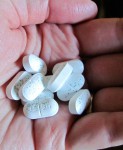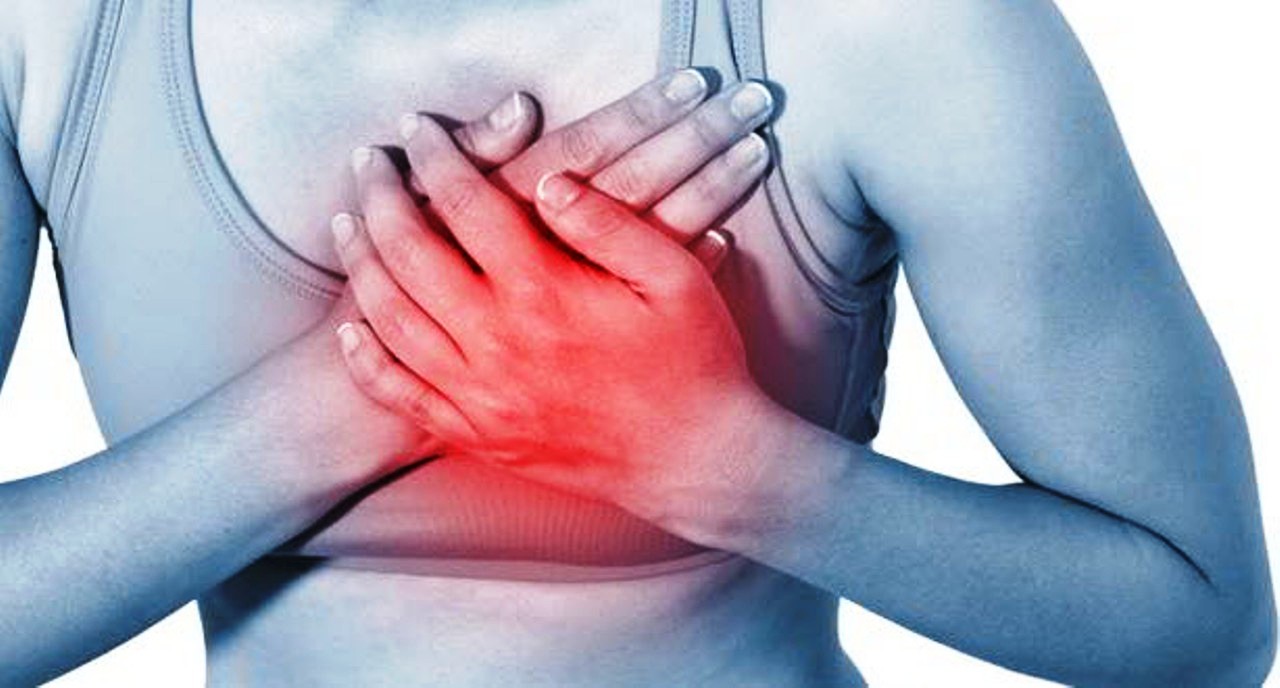Heart disease is the No. 1 killer of women, causing 1 in 3 deaths each year. That’s approximately one woman every minute! Heart disease can lead to serious or fatal health issues such as a heart attack or stroke. But you can take steps to reduce your chances of a problem, even small changes can help.
Here are some tips from the U.S. Food and Drug Administration (FDA) to help women of all ages reduce their risk for heart disease.
Tips to Reduce Risk of Heart Disease
1. Manage current health conditions

Diabetes, high blood pressure, and high cholesterol can increase your risk for heart disease. Talk to your health care provider to confirm the best treatment plan.
2. Recognize symptoms of a heart attack in women
 Symptoms in women can be different than those in men—and include shortness of breath, nausea, and an ache or feeling of tightness in the chest, arm, neck, jaw or abdomen. If you have these symptoms and suspect you’re having a heart attack, call ambulance immediately or get someone to send you to the nearest hospital.
Symptoms in women can be different than those in men—and include shortness of breath, nausea, and an ache or feeling of tightness in the chest, arm, neck, jaw or abdomen. If you have these symptoms and suspect you’re having a heart attack, call ambulance immediately or get someone to send you to the nearest hospital.
3. Do regular physical activity and maintain a healthy weight
You don’t need to complete all activity at one set time—and it’s okay if you’re not a fan of the gym. Walking may be one easy way to start or talk to your health care provider about how much activity is right for you.
4. Make heart-healthy food choices

Eat fruits or vegetables with each meal—and limit saturated fat and sugary beverages like soda and a whole grains meal is also encouraged. And if you choose to eat meats, choose the leanest cuts available and prepare them in healthy ways. The Nutrition Facts label can tell you key information about the packaged foods you eat, and it includes details about serving sizes and nutrients like fat and sugar. You can check with your health care provider to confirm the food choices best for you.
 5. Know daily use of aspirin is not right for everyone
5. Know daily use of aspirin is not right for everyone
Talk with a health care professional before you use aspirin as a way to prevent heart attacks.
6. Quit smoking if you do
Quitting is not easy but you can do it. There are products that help wean your body off the nicotine you get from cigarettes and tobacco. There are other medicines that help you deal with the cravings and other problems that you feel when you stop smoking. Talk to your doctor or pharmacist about which product is right for you.

Menopause and Heart Health
Menopause does not cause heart disease but the decline in estrogen after menopause may be one of several factors in the increase in heart disease risk, according to FDA cardiologist Shari Targum. Other risks, such as weight gain, may also increase around the time of menopause.
Hormone therapy can be used to treat some of the problems women have during menopause. “However, the American Heart Association recommends against using post-menopausal estrogen hormone replacement therapy to prevent heart disease,” says Targum.
Source: FDA










